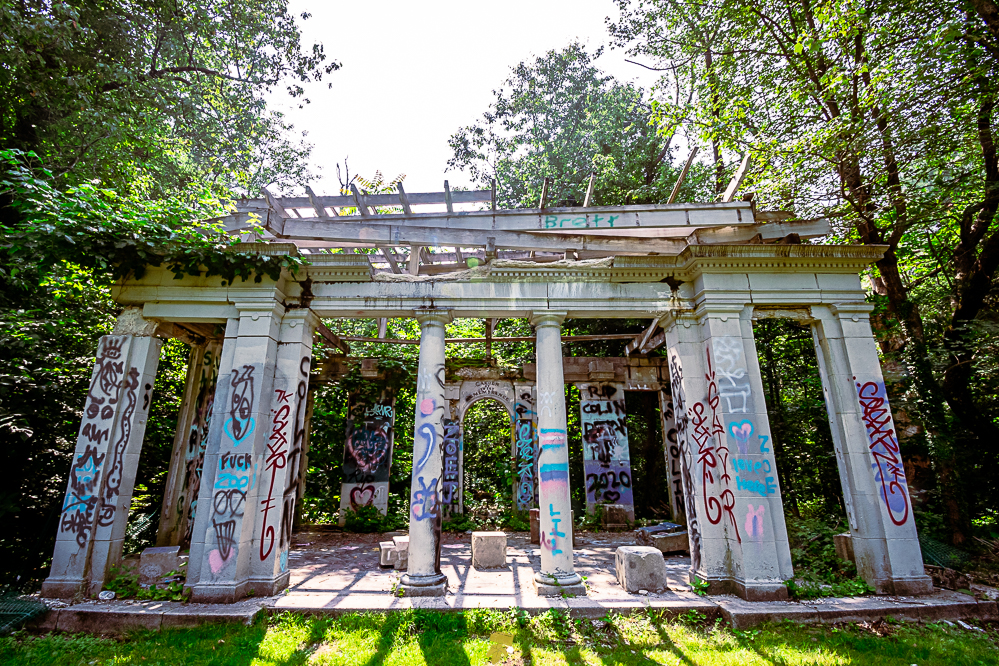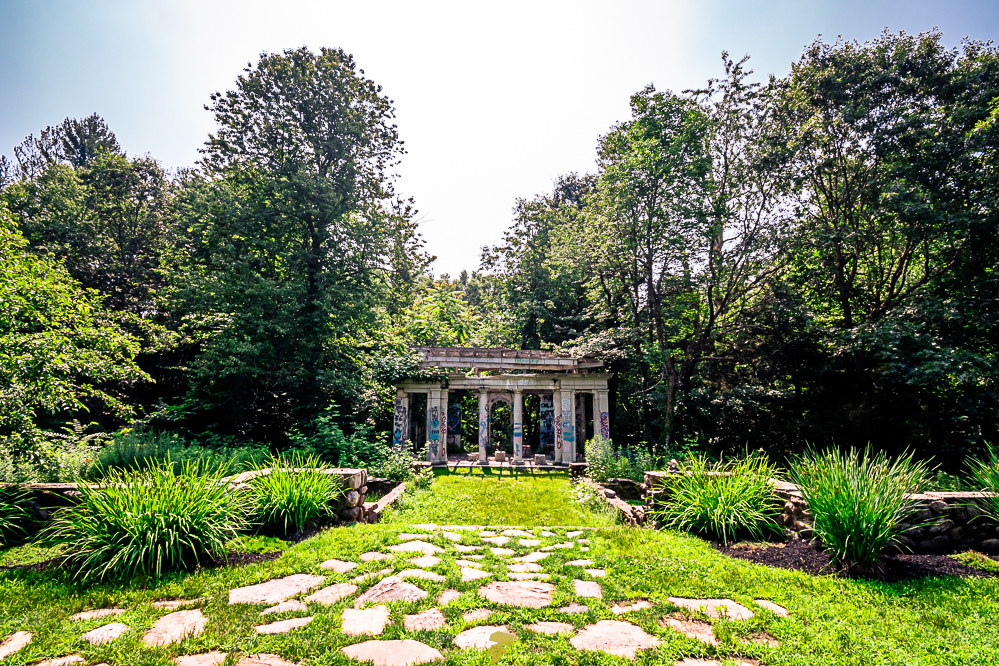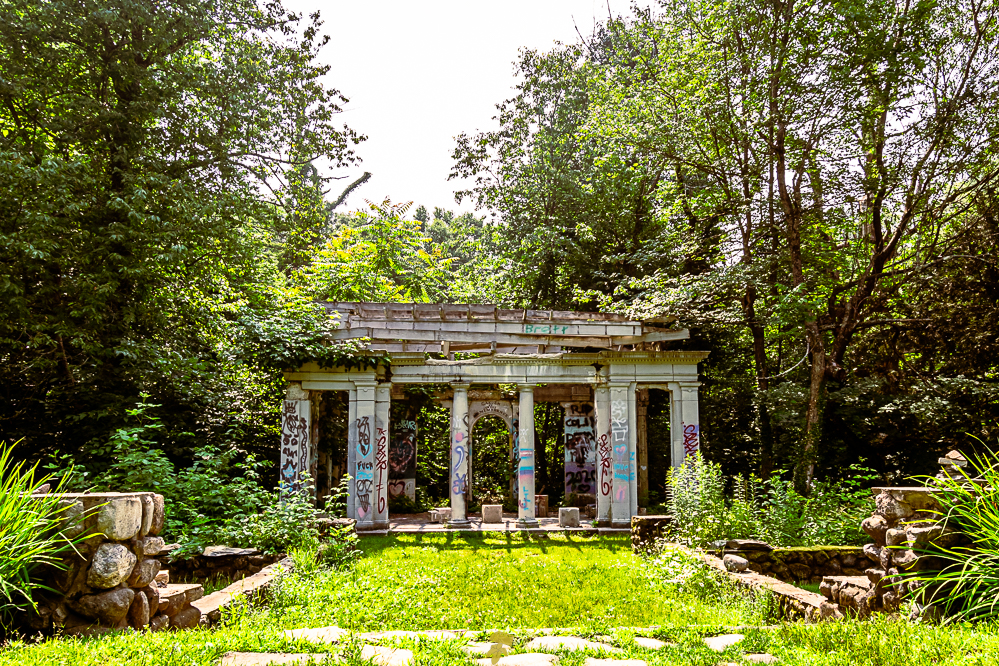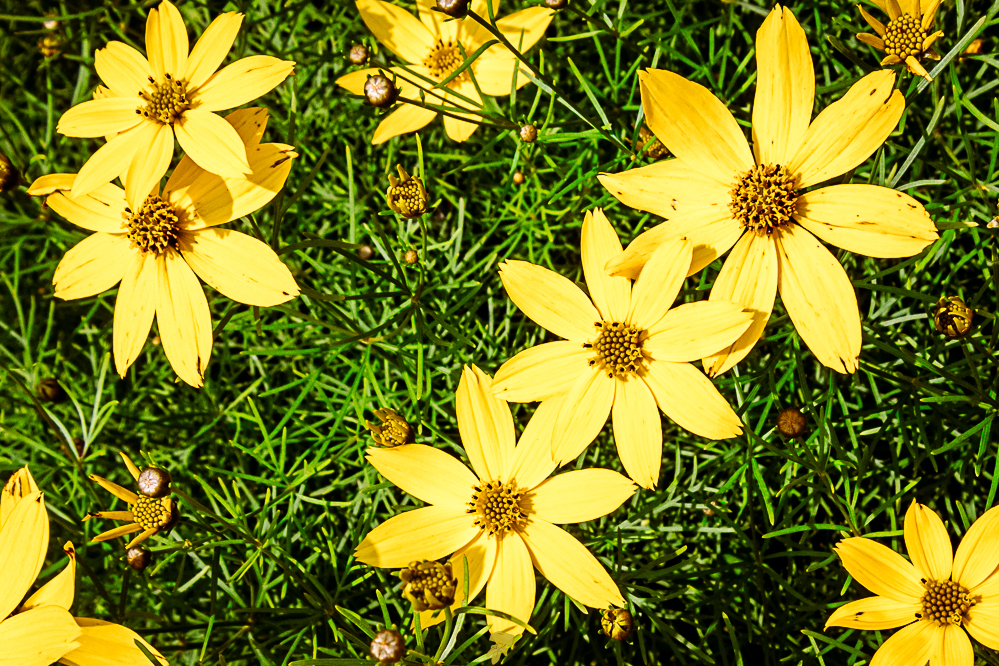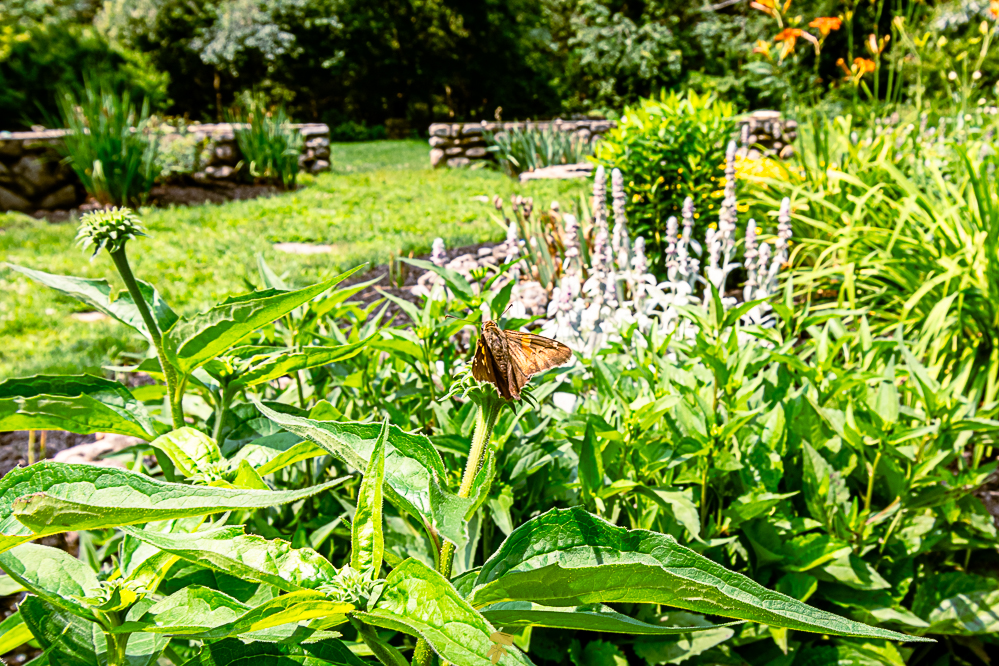Ruins and relics of a lush garden, where a mansion once stood, built for an internationally known carpet manufacturer based in Worcester, Massachusetts. The land, now owned by the town of Shrewsbury, with support from a small group of local volunteers, have been turning the abandoned woodland into a public garden and park once again, known as Prospect Park.
Matthew John Whittall was born in England on March 10, 1843. At the age of 21, he took charge of a well-known carpet company owned by Thomas B Worth. It was here that Matthew would learn the ins and outs of manufacturing carpets. During this time he married Ellen Paget in October of 1868 and would take his new family to the United States just three years later. With his six-year tenure at the previous carpet manufacturer, he found work at the Compton Carpet Company in Worcester taking a superintendent position.
The Compton Company was dissolved in 1879, propelling Whittall to take his own shot at running a carpet company, he built a mill the following year on Southbridge Street for the manufacture of fine carpets and rugs. Over the years, he would purchase more land, erect more mills, and purchase other related companies, leading to Whittall Mills becoming one of the largest employers in Worcester, employing upwards of 1,500 employees in 1910. President William McKinley even chose to acquire carpet for use in the White House via Whittall’s company and would remain in business well after his death until the late 1950s.
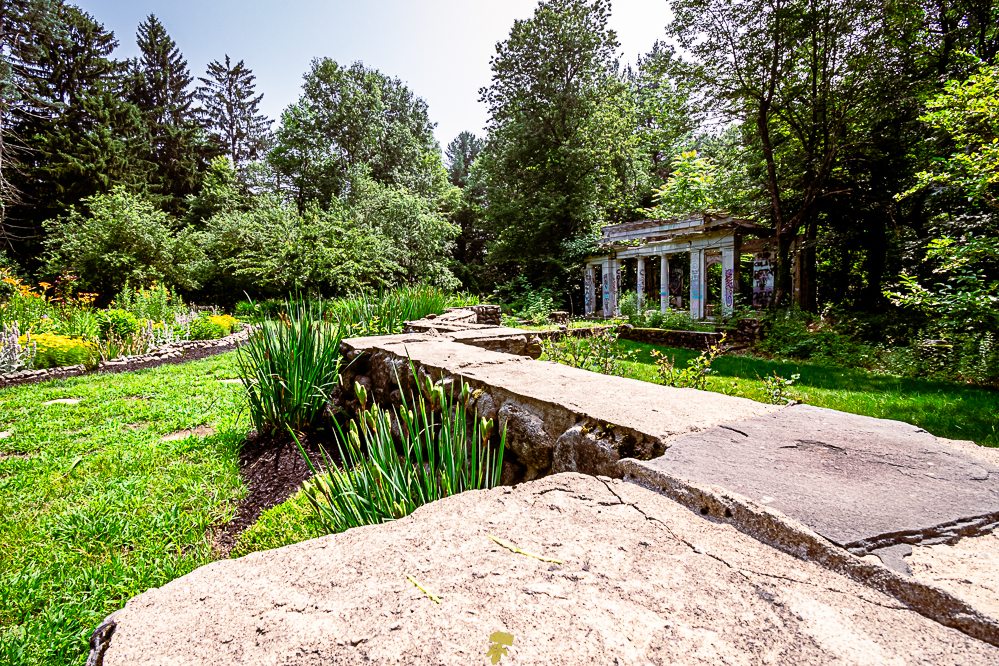
His first wife, Ellen, passed away in November of 1885, she was 37. Matthew would remarry in 1906 to Gertrude Littlefield Clarke. With the city of Worcester rapidly growing, they decided to build a home in Shrewsbury, choosing to build a great Georgian estate on the highest point in the town. Mr. Whittall would purchase 100 acres of land on top of Meetinghouse Hill, at over 700 feet above sea level, offering one of the finest views in Central Massachusetts being able to spot Mount Monadnock to the north, the hills of Rutland to the west, and Lake Quinsigamond down below.
Whittall would contract the Norcross Brothers who had previously worked on his mills, not to mention a list of notable architectural achievements including several churches, schools, the New York Public Library, the Rhode Island State House, and the Trinity Church in Boston. The home featured a reception hall with the ceiling extending to the second floor and a balcony within. The first floor consisted of a living room, dining room, breakfast room, butler’s pantry, and music room. Four bedrooms and a sitting room were on the second floor. The home also had four fireplaces and a sunporch overlooking the gardens.
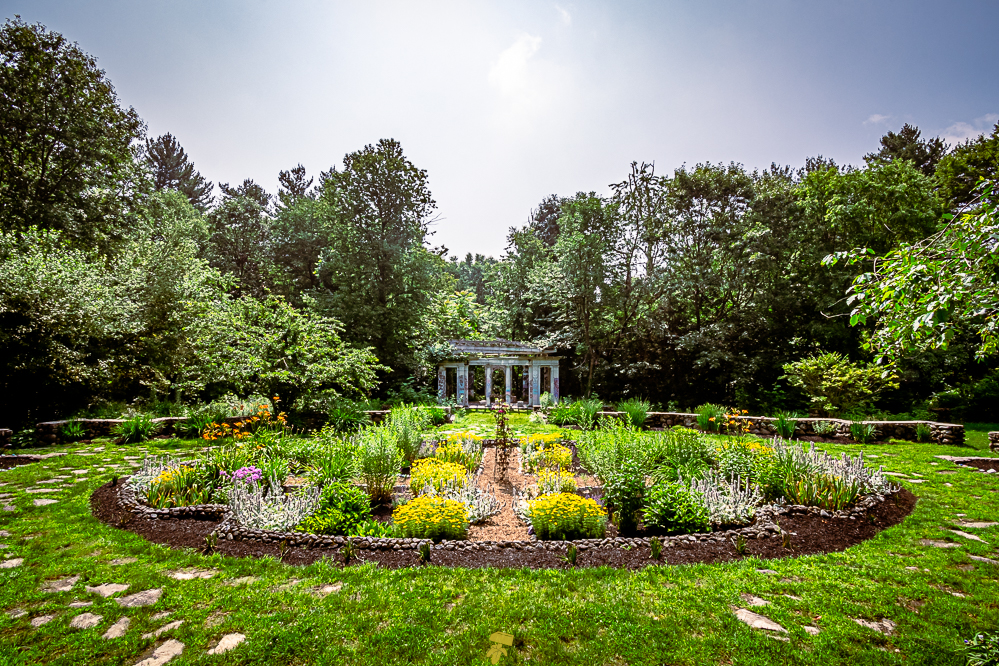
You could say that Mr. and Mrs. Whittall were passionate about gardening. The grounds of Juniper Hall were quite popular and open to the public with “Lilac Week” being one of the major events held. Formal gardens surrounded a swimming pool with hundreds of flowers and meadows of grass, wisteria, and wild irises with low-lying stone walls and pathways interweaving. Matthew Whittall would pass away here on Halloween 1922, following his death, Gertrude would dedicate a pergola in his memory.
A pergola was dedicated to Matthew Whittall by his wife Gertrude after his passing on Halloween 1922.
Upon the fifth anniversary of his death, his widow would gift Juniper Hall to the Grand Lodge of Masons of Massachusetts, offering to be a retreat and hospital for afflicted Masons. Matthew was a 33rd-degree Mason, an award given by The Supreme Council as a way of honoring outstanding and selfless work performed in the Rite or in public life.
Whittall took a serious interest in the community and associated with many organizations including the Worcester Club, Tatassit Canoe Club, Manufactures’ Mutual Insurance Company, Blackstone Valley Street Railway Company, was a trustee of the Public Library and the City Hospital, and was also a member of the Governor’s Council. Matthew was admired by friends and family, as well as associates and employees, known for being a generous, honest, and kind person.
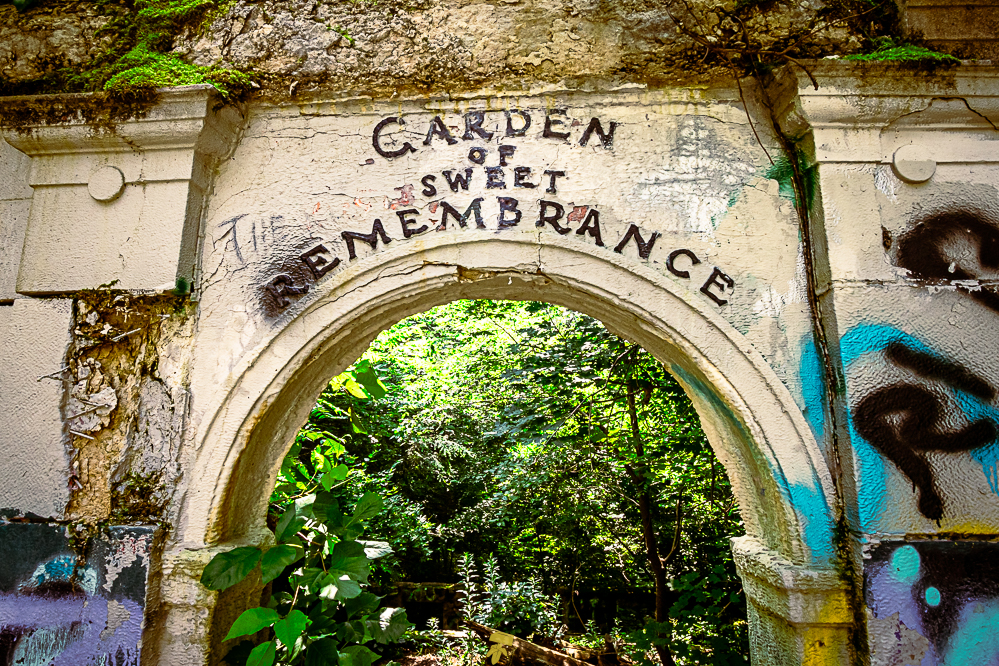
Gertrude Whittall lived to be 107, passing away in 1965. The town of Shrewsbury would buy the property in 1976. Juniper Hall was demolished in 1979. For the next few decades, the property would be reclaimed by nature, trees would grow obstructing the views the location was known for, vines would wrap around the stone walls, and the garden would disappear. Since the town took over, the Parks and Cemetery Commission has assumed an area for a possible town cemetery expansion, and two water tanks were placed on the west side of where the glorious home used to stand.
In the early 2000s, the Shrewsbury Garden Club approached the Parks and Recreation Department to make the land open to the public once again as a place of recreation in the form of a park. Since then, with a lot of help from local supporters and volunteers, most of the brush and vines have been removed, the grassy knolls are maintained, the stone walls are exposed, and flowers once again surround the reflecting pool. The pergola still stands but is in dire condition from years of weathering and abuse from younger hoodlums.

